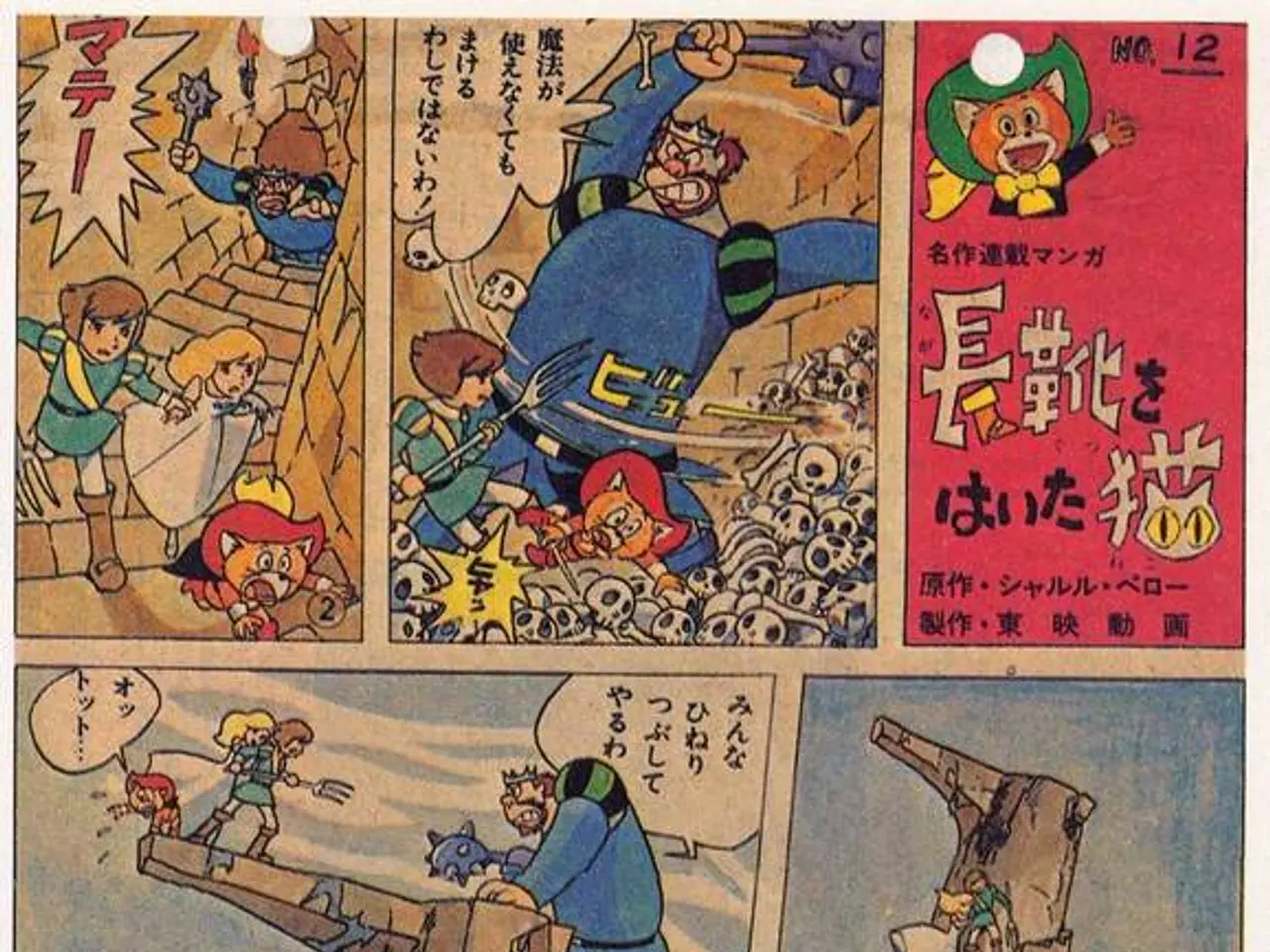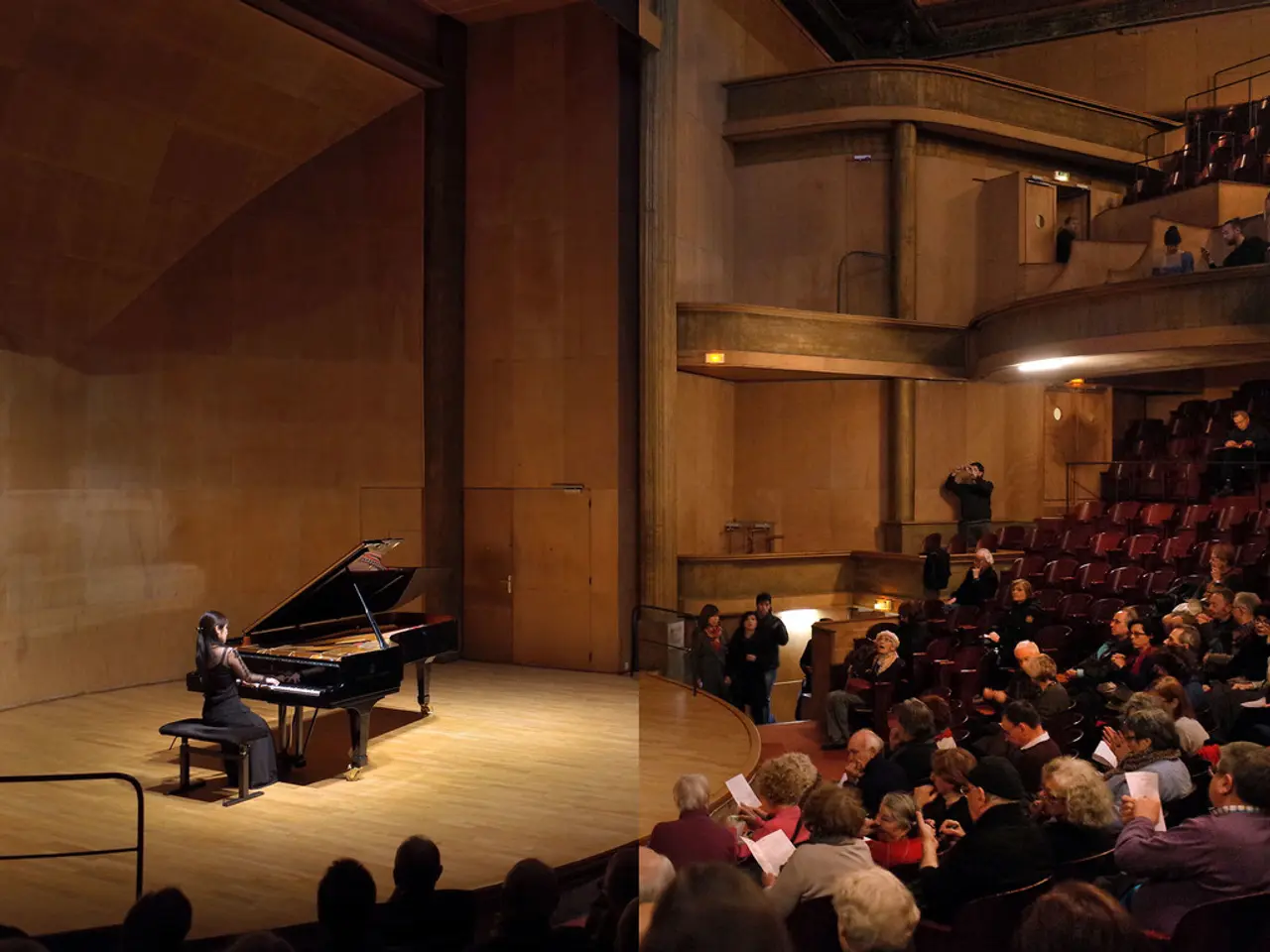"A tragic end"
Today marks the conclusion of the long-running trial against Daniel S., who has been found guilty of the murder of the Bulgarian family Zhilov. The verdict was handed down in the Wuppertal Regional Court.
The trial, which has been ongoing for several months, has been a subject of intense interest due to the tragic circumstances of the case. The arson attack that took the lives of the Zhilov family initially raised suspicions of a second racist arson attack in Solingen since 1993, but these suspicions were not confirmed.
While the court has dismissed racism as a factor in the arson attack, stating that Daniel S. set the fire due to his familiarity with the building and its accessibility, the co-plaintiff's attorney, Seda Basay-Yildiz, has presented an alternative interpretation of Daniel S.'s motives and actions. She argues that his conduct was potentially driven by right-wing ideological beliefs, suggesting a broader context to the crime beyond individual motives.
This line of argument introduces the idea that the murders could have had a political or ideological dimension, rather than being purely personal or random acts of violence. Some findings in the case, such as Nazi propaganda in the house, racist memes on a hard drive, and the consumption of extreme right-wing propaganda videos, although not all can be directly attributed to Daniel S., have fueled this argument.
Despite the guilty verdict, the Rheinland Victim Support Service, which assists the relatives and survivors of the attack, is dissatisfied with the verdict. Counselor Jan-Rober Hildebrandt of the Rheinland Victim Support Service states that a verdict that provides legal clarity but fails to acknowledge the existential experiences of the affected cannot establish justice.
The sentencing for Daniel S. was life imprisonment with subsequent preventive detention. The lawyers for Daniel S. argue that he acted out of frustration and rental debts were a factor. A psychological expert and the prosecution's view also suggest that Daniel S. has a personality disorder and acted to elevate himself.
Today's verdict marks the end of a process, but not the end of responsibility, according to Jan-Rober Hildebrandt. As we move forward, it is crucial to remember the victims, the Zhilov family, and to honour their memory by ensuring that justice is not just a legal concept, but a societal commitment to dignity and solidarity for all.
The intense interest in the trial, which revolved around the murder of the Bulgarian family Zhilov, extends beyond the general-news sphere, as it raises concerns about potential political or ideological motivations due to certain findings in the case. Efforts to establish justice for the Zhilov family, as expressed by the Rheinland Victim Support Service, have highlighted the need for society to view justice as a commitment to dignity and solidarity for all, rather than merely a legal concept.






